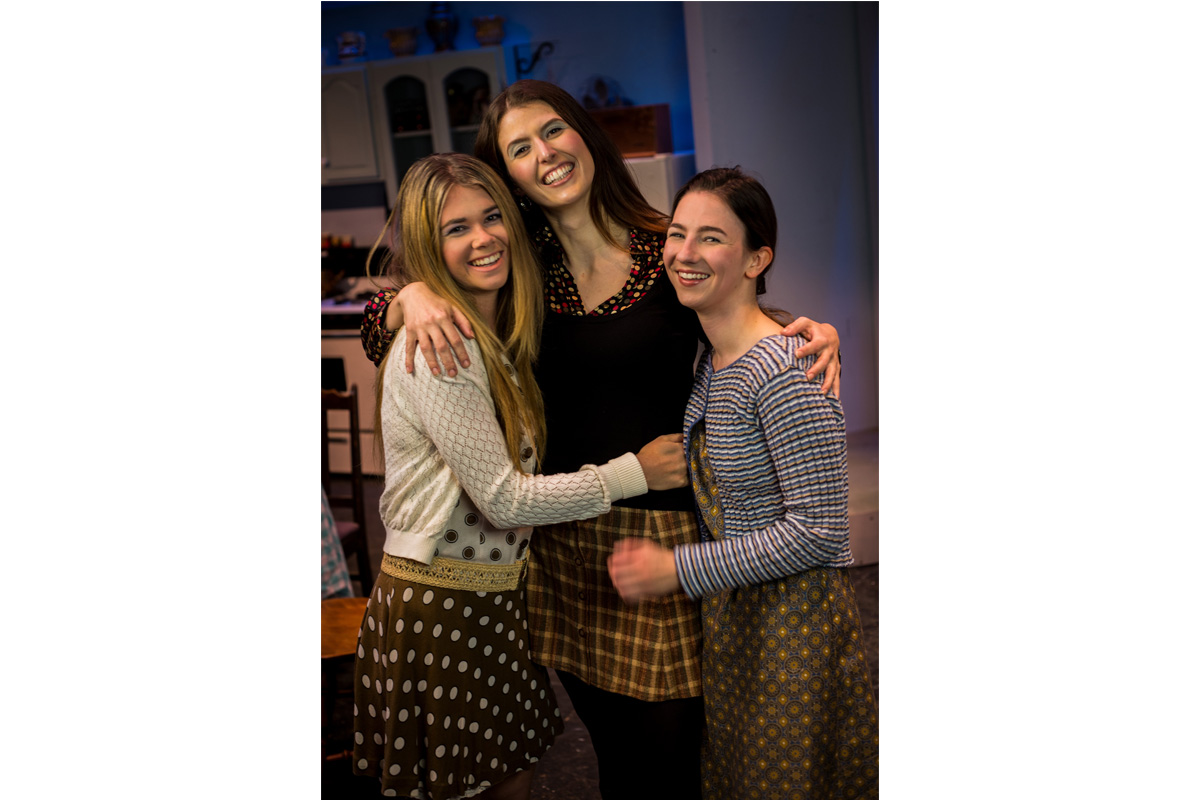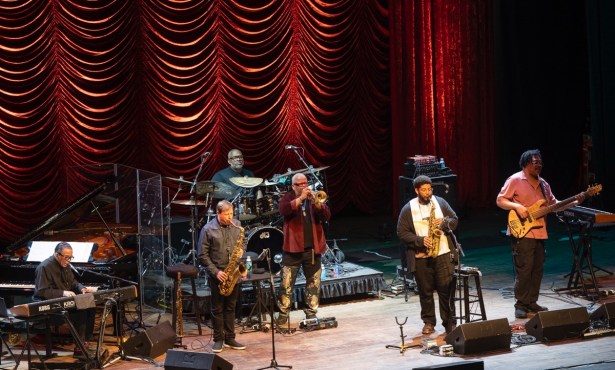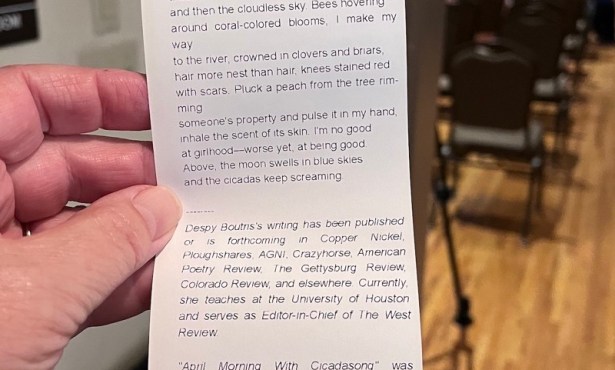The Theatre Group at SBCC’s ‘Crimes of the Heart’
Beth Henley’s 1981 Pulitzer Prize–Winning Play Feels Dated

Does “three sisters” sound like a familiar point of departure for a play? Although Beth Henley’s Crimes of the Heart may not be Chekhov, it is a Pulitzer Prize winner (in 1981) and a classic in its way from a period, the 1980s, when the American stage was discovering the quirky yet loveable idiom of white women from the South.
The Magraths of Hazlehurst, Mississippi, have been thrown into crisis when youngest sister Babe Botrelle (Shay Munroe) shoots her husband. In the play’s most famous line, Babe explains her motivation by saying, “I didn’t like his looks.” It’s meant to imply that she’s somehow both too innocent to understand the need to produce a less culpable reason — say, self-defense — and too wild in her desires to censor herself. After all, the deeper conflict between Babe and her husband stems from her infidelity, a “crime of the heart” that has been captured on film by a private detective and that involves a 15-year-old African American named Willie Jay.
Older sisters Lenny Magrath (Elaine Pazaski) and Meg Magrath (Charlotte Bailey) both come to Babe’s rescue, sort of. It seems that their personal dysfunctions and unresolved issues make it difficult for them to focus. Leesa Beck is their foil/nemesis, the nosy, self-righteous relative Chick Boyle, and George Coe is Barnette Lloyd, Babe’s infatuated attorney. For a play that revolves around a shooting, blessedly little happens in Crimes of the Heart. Its cast-photo set piece finds the three women reunited around a belated birthday cake, but, in the long perspective of the 37 years since it premiered, those candles burned out long ago. The vague concept that theoretically anchors its relevance is the aftermath of Hurricane Camille, but today it just feels as if someone left the cake out in the rain.



